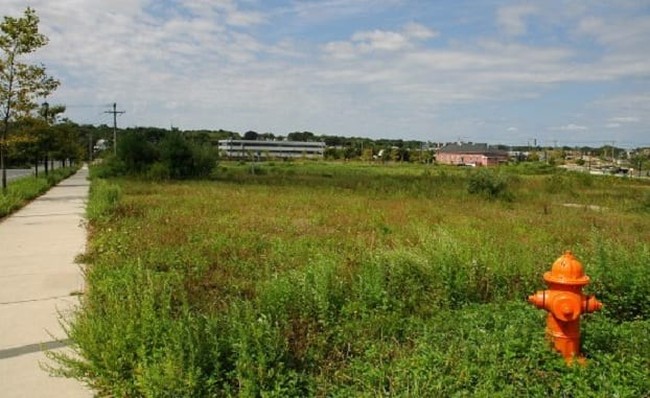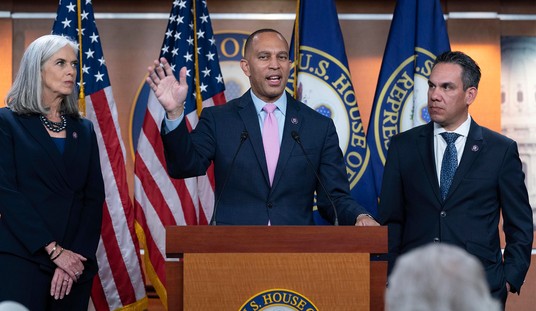Nine years ago the US Supreme Court, in an opinion authored by noted Second Amendment authority John Paul Stevens, eviscerated the “takings” clause of the Fifth Amendment. That decision, Kelo v. City of New London, essentially eliminated property rights so long as someone more powerful than the current owner wanted the land.
New London, a city in Connecticut, used its eminent domain authority to seize private property to sell to private developers. The city said developing the land would create jobs and increase tax revenues. Kelo Susette and others whose property was seized sued New London in state court. The property owners argued the city violated the Fifth Amendment’s takings clause, which guaranteed the government will not take private property for public use without just compensation. Specifically the property owners argued taking private property to sell to private developers was not public use. The Connecticut Supreme Court ruled for New London.
So how did it work out? This theory that the state can take a poor man’s house to give to a rich man to make him richer?
The Kelo ruling was controversial and precedent-setting because, under eminent domain, the government may seize the property of a private citizen when it’s deemed necessary for public use — the construction of an airport, freeway, or post office — and they usually do so politely, giving notice and paying out the appraised value, for example, but in this case the private property was being seized not for necessary public use but for commercial development by pharmaceutical giant Pfizer.
“Pfizer wants a nice place to operate,” a supercilious executive reportedly said in 2001. “We don’t want to be surrounded by tenements.”
But after prompting city officials to pave the way for its new research facility with the promise of tax revenue and new jobs for the city, Pfizer pulled out of New London in 2009, leaving the land undeveloped, the homeowners dispossessed, their homes demolished, the land bulldozed into a vacant lot that still sits empty. After being elected in 2011, New London’s mayor called it “black stain” on the town’s reputation in an apology to the homeowners.
But hope springs eternal. From The American Conservative, When Seized Land Lies Fallow:
New London’s latest mayor has another plan in the works for Fort Trumbull, as the city’s coffers remain empty thanks to a missing tax base, this time “a national first—a green, integrated mid-rise community. There would be green tech, LEED-certified buildings, solar power. It would be a green, self-sustaining neighborhood.” Even that remains in the wispy aspiration phase at the moment, however. The only actual occupants of the Fort Trumbull development area since the seizure, and the clear-cutting, have been piles of garbage and waste, piled there in the aftermath of Hurricane Irene. Oh, and there have been reports of feral cats.














Join the conversation as a VIP Member